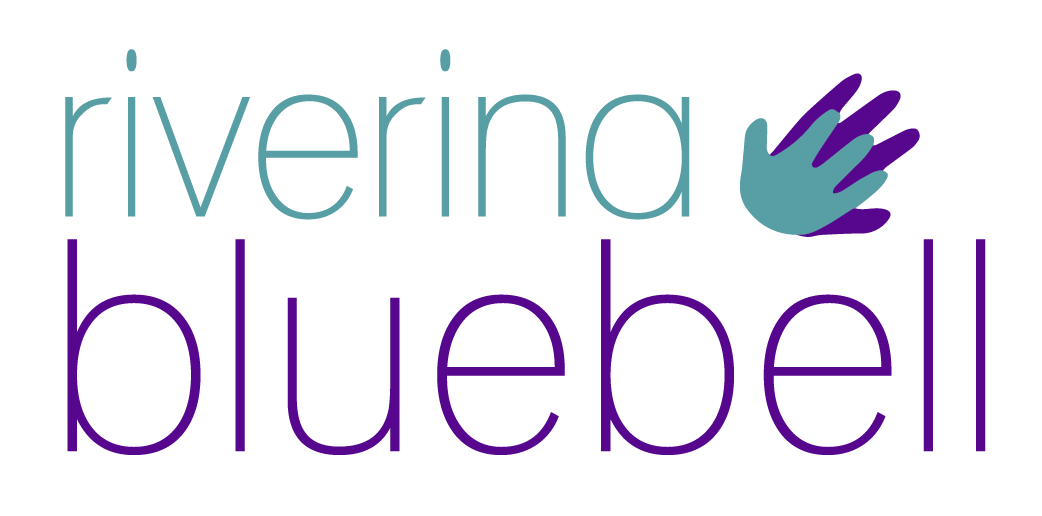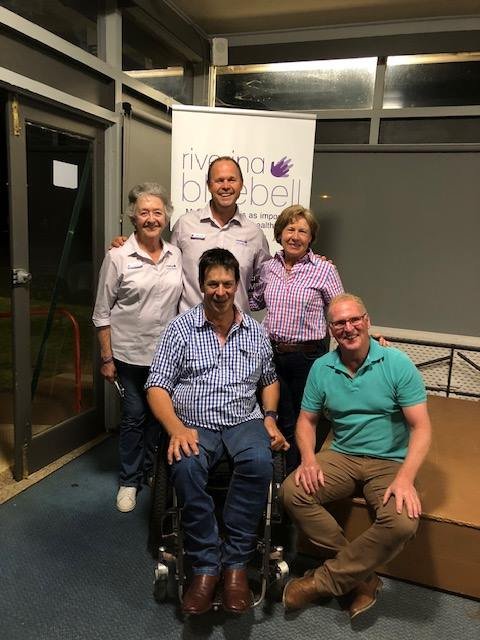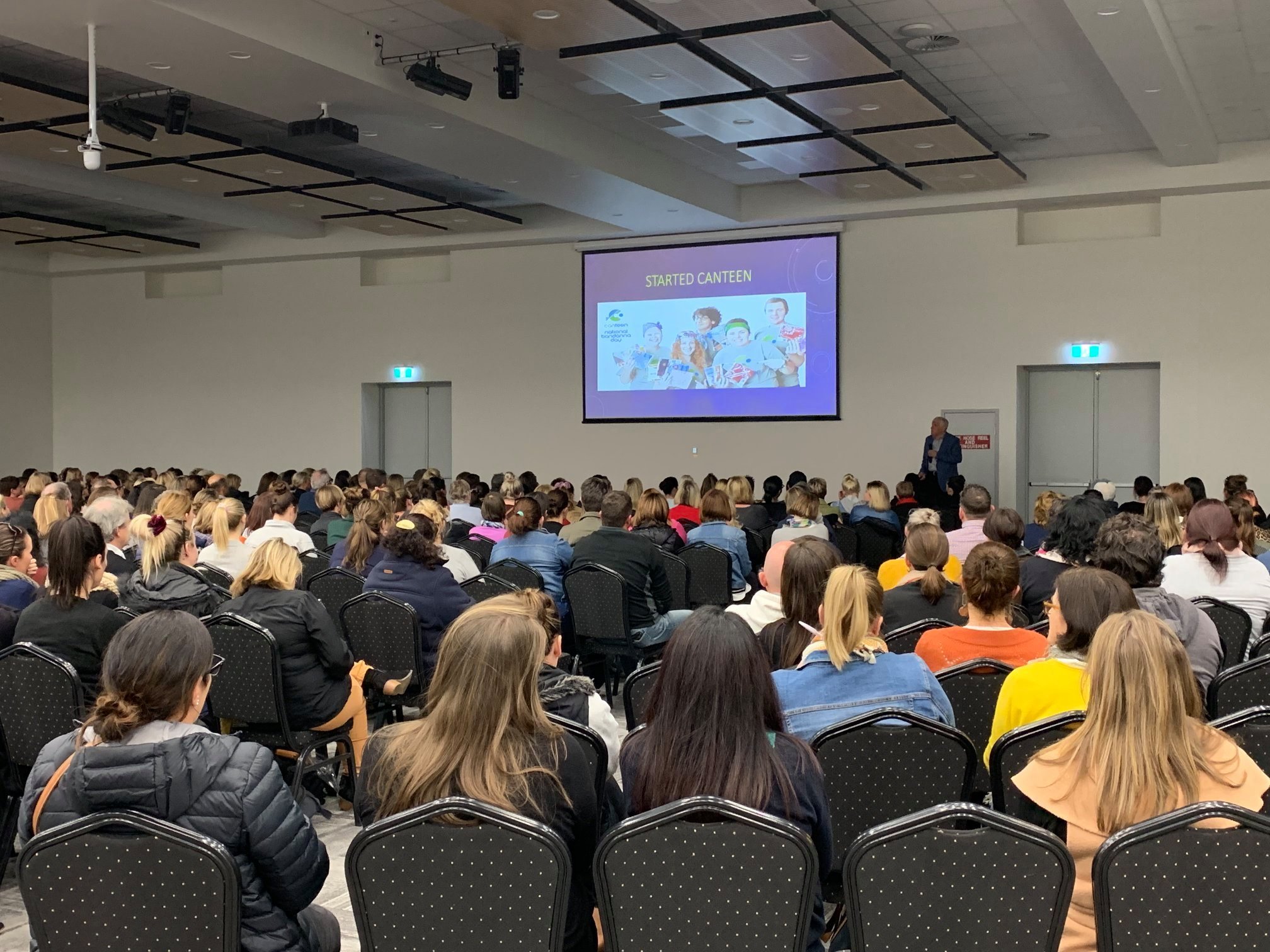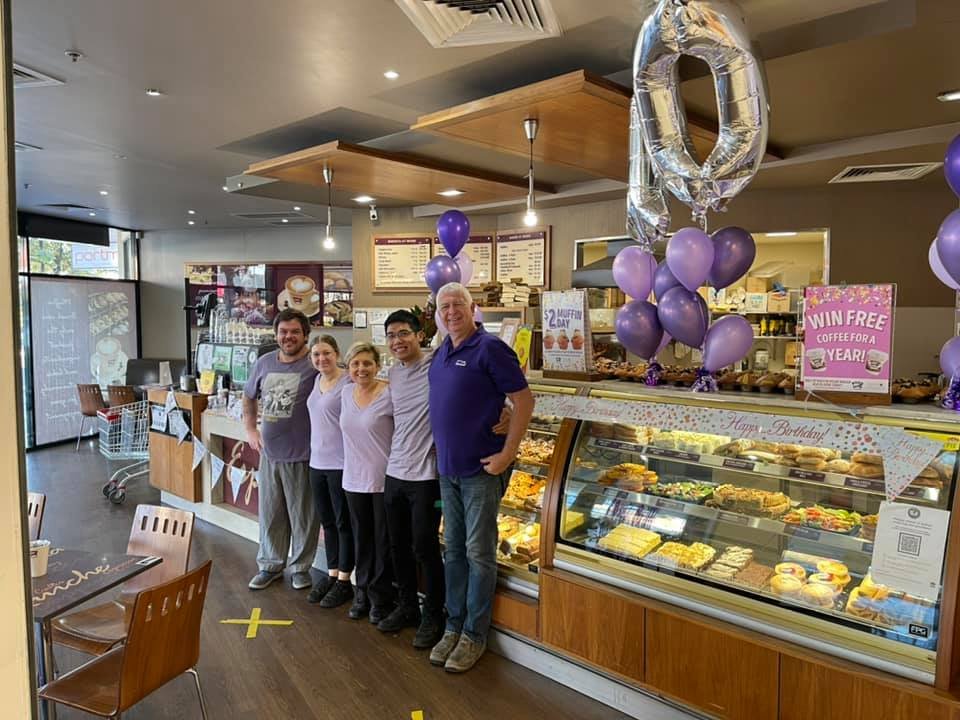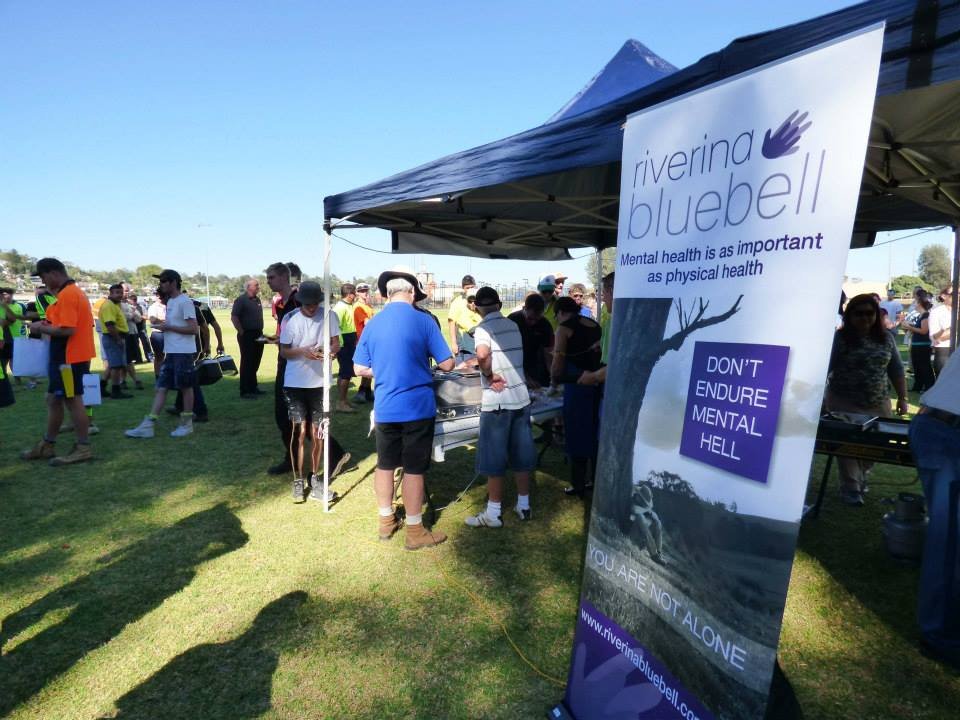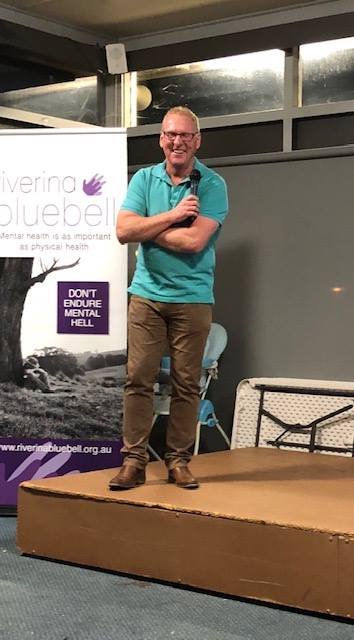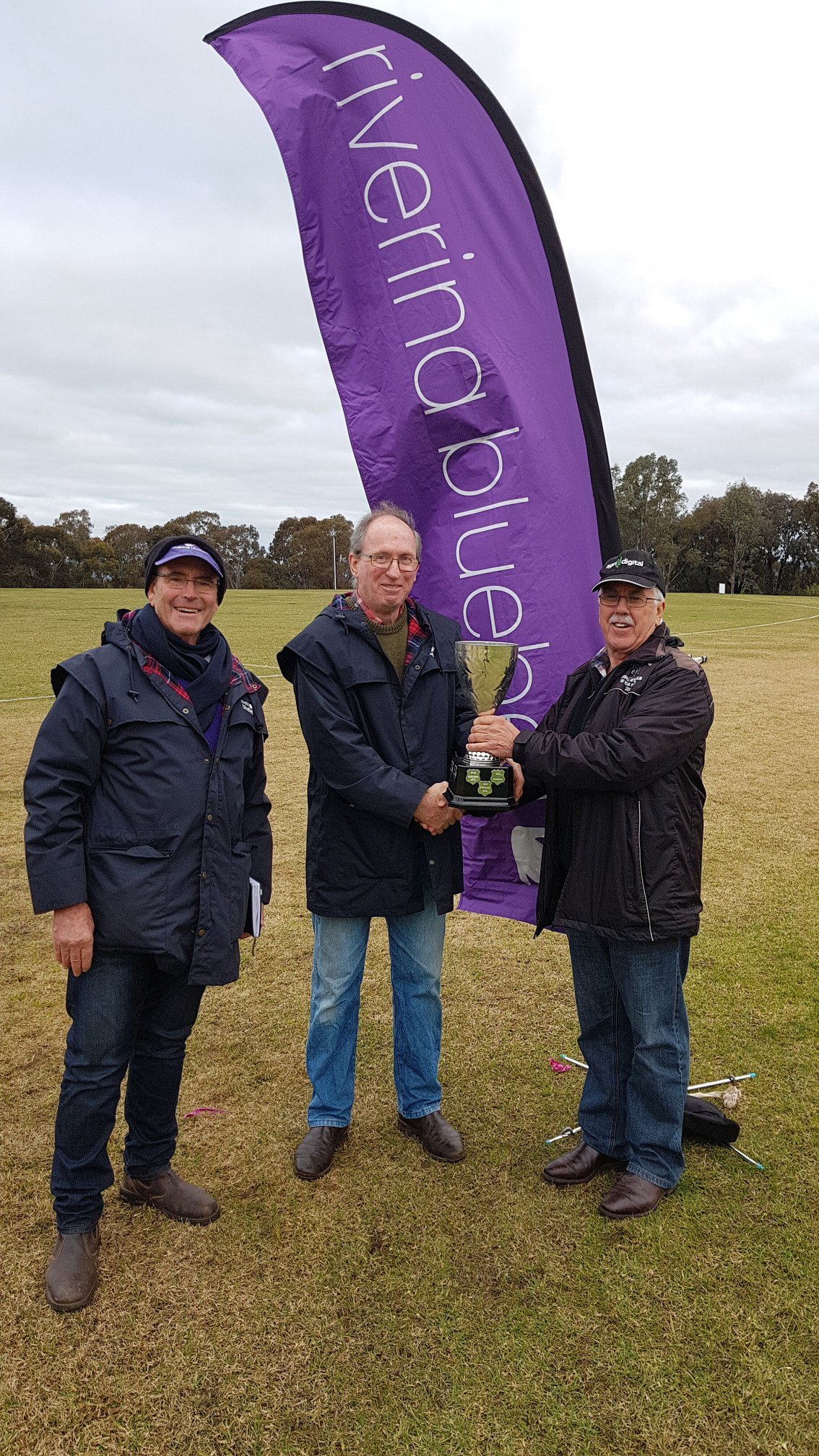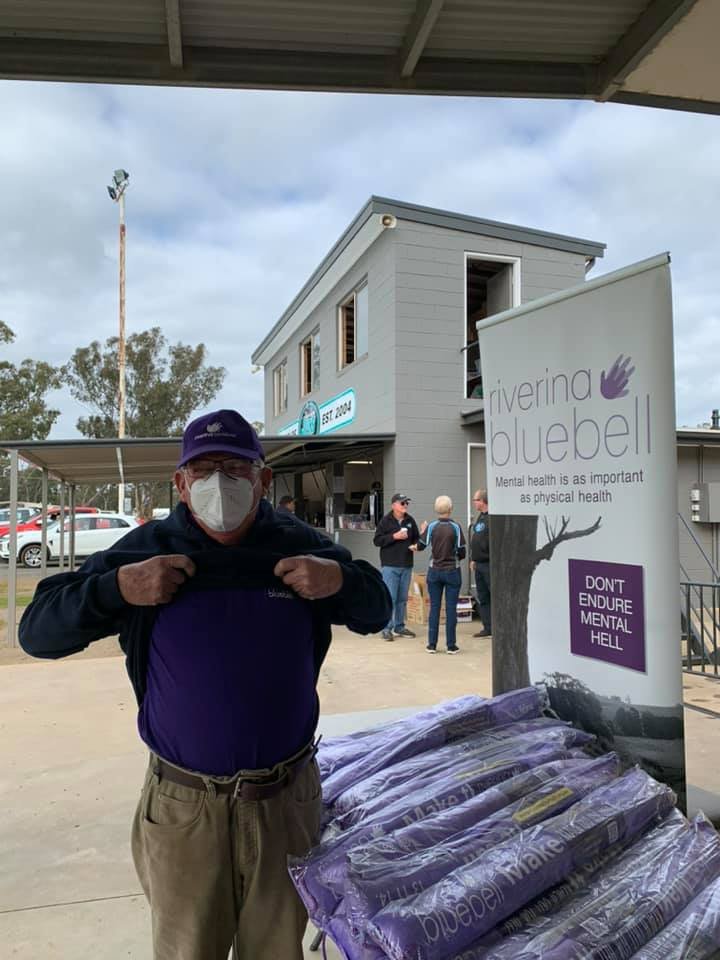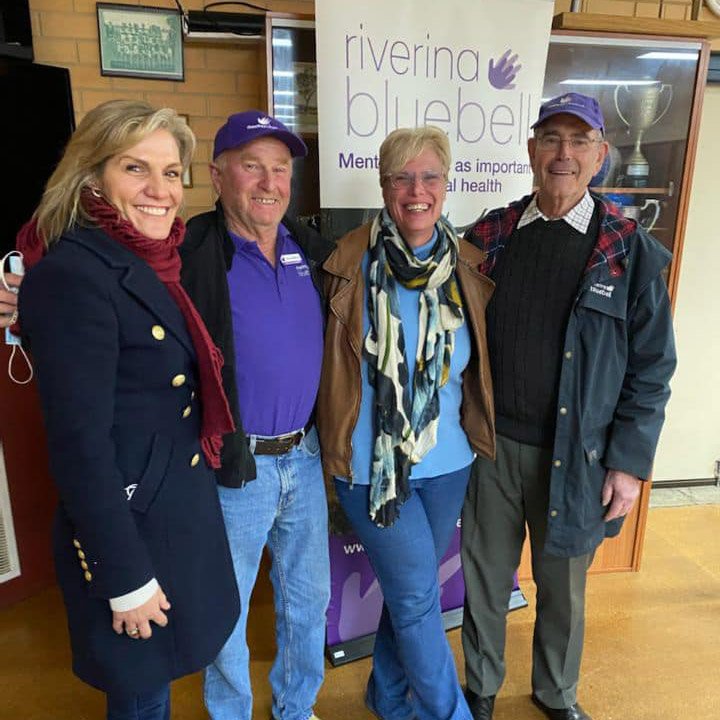About Us
Vision
Saving Lives Through Conversations
Mission
Find and talk to people who suffer mental health issues and guide them to help
Objectives
Riverina Bluebell is a not for profit, volunteer, community organisation, committed to raising awareness about mental health issues in the Riverina and encouraging people to get help and support. Our goal is to encourage locals to share stories, build awareness of the avenues for support available in our local area and knowledge that asking for help is OK.
Riverina Bluebell offers community groups the opportunity to hear from local residents who share their experiences of living with or caring for someone with mental illness. We work with the community to raise awareness of mental illness and help those in need to feel supported in coming forward to seek help.
Riverina Bluebell encourages local community members to share their stories to build awareness of mental health issues and the avenues for support available in the Riverina. Our speakers have “lived and professional experience” with mental health issues and by speaking out with their personal stories, reinforce for others that it is acceptable to articulate their own mental health issues and to seek help. There is no shame or stigma.
